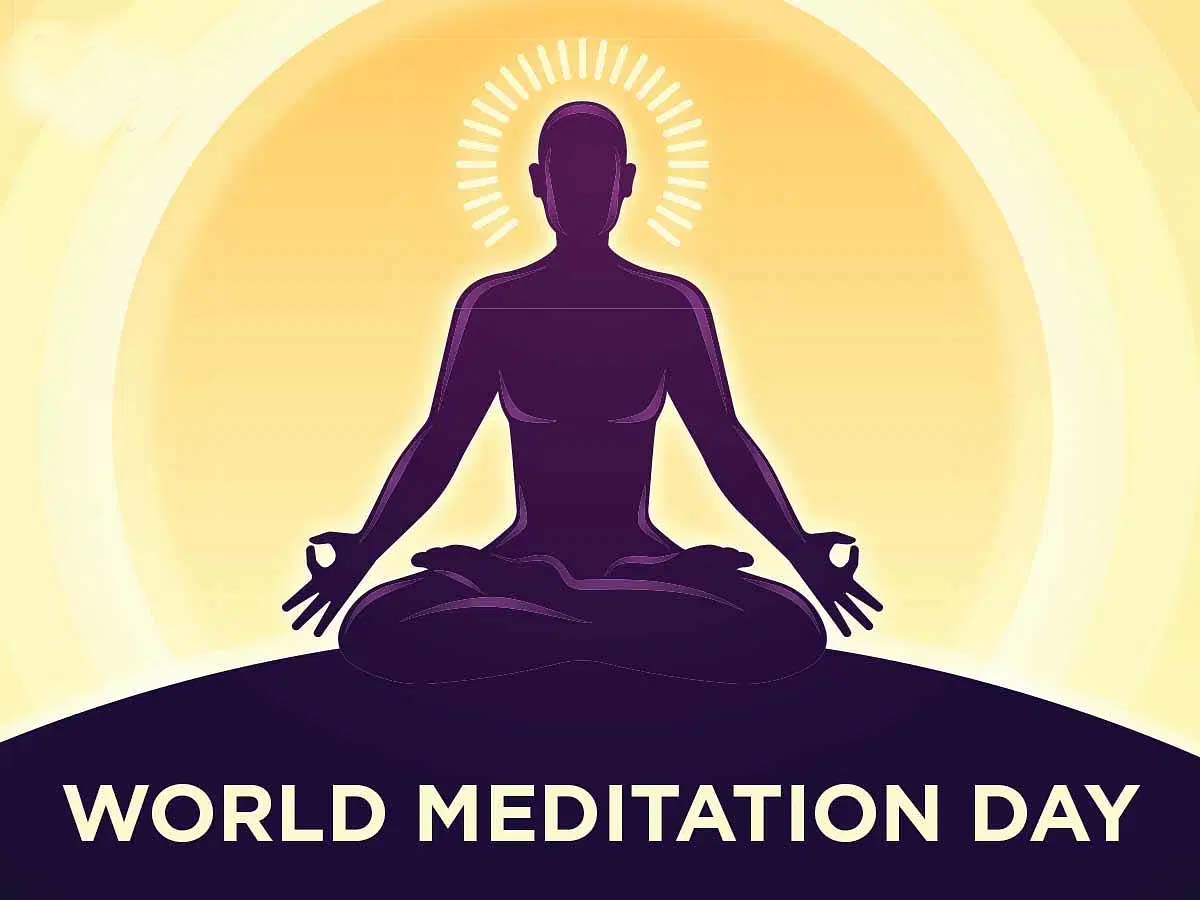Gurudev Sri Sri Ravi Shankar
Meditation is not merely an activity; it embodies the art of “doing nothing.” It can only be truly experienced when the mind is serene. Engaging the mind in any task can lead to fatigue, as concentration and mental exertion drain our energy. In contrast, meditation rejuvenates; it offers profound relaxation. In this practice, we withdraw from our senses—sight, hearing, smell, and taste. The sense of relaxation achieved through meditation resembles that of deep sleep, yet it is distinctly different from sleep.
Meditation signifies total rest, an absence of all activity. Sleep occurs when you cease all physical actions like walking, working, or even thinking. Nevertheless, involuntary functions such as breathing and heartbeats continue during sleep, which means it is not a complete form of rest.
There are four states of consciousness: wakefulness, dreaming, deep sleep, and meditation. The meditative state embodies a profound sense of inner awareness while being deeply relaxed. Meditation is only possible when the mind becomes utterly still.
Have you ever noticed the condition of your mind when you’re waiting for someone? During the waiting period, time seems to stretch, and this can lead you toward a meditative state. In these moments, you have the choice to become either restless or reflective. The experience of time itself can act as a form of meditation. Meditation traverses from sound to silence, motion to stillness. Although it may appear counterintuitive to action, meditation actually enhances our capacity for action.
Life is characterized by constant change. We recognize this change because of something within us that remains unchanged—what we refer to as the eternal aspect of our soul or consciousness. Meditation allows us to journey to the tranquil and immutable core of our consciousness.
However, when desires persist in our minds, the path to meditation can become challenging. As noted in the Bhagavad Gita by Lord Krishna, “The mind cannot find peace until all resolutions are released.” For instance, if you lie down to sleep but remember you need to turn off the light switch, you will struggle to find rest, your mind preoccupied with that thought. Similarly, just as a grain of sand irritates your eye, persistent thoughts can be disruptive. Achieving a calm mind requires detachment. Contemplating the inevitability of death can facilitate mental detachment, aiding in deep meditation.
Various techniques, such as postures (asanas), breathing exercises (pranayama), a balanced diet, and knowledge all contribute to entering a deep state of meditation. Many believe that silence is essential for meditation, but that is a misconception. If you experience noise around you, accept it and listen attentively without resistance. The more you fight against distractions, the more pronounced they become. Thus, the first step is to cease resistance. Practicing pranayama can help stabilize your mind and ease the process of meditation.
Our dietary choices also significantly impact our ability to meditate. Foods can be categorized into three types: sattvic, rajasic, and tamasic. Tamasic food leads to feelings of lethargy and sluggishness. If excessive tamasic energy is present, you may find it difficult to stay awake during meditation. Conversely, rajasic food can create mental fluctuations, leading to drastic mood swings over trivial matters. When rajas becomes unbalanced, a whirlwind of thoughts can arise, causing restlessness that hinders deeper meditation.
This doesn’t mean rajasic foods must be entirely eliminated; a certain level of rajas adds vibrancy to life. However, when it becomes overwhelming, focusing on a sattvic diet is advisable. Sattvic food is light and easily digestible, fostering balance in the body’s energy and facilitating deeper meditation.
Meditation provides fulfillment on both physical and spiritual planes. We are privileged that India has always been the cradle of yoga, pranayama, and meditation wisdom. By integrating meditation into our lives, we unlock numerous benefits. The United Nations has designated today, December 21st, as World Meditation Day, a significant acknowledgment that meditation has long deserved.


Leave a Reply